Best movies like Three Songs About Lenin
A unique, carefully handpicked, selection of the best movies like Three Songs About Lenin Starring Dolores Ibárruri, Nadezhda Krupskaya, Joseph Stalin, Vladimir Lenin, and more. If you liked Three Songs About Lenin then you may also like: Zangezur, The Vow, The Vyborg Side, October (Ten Days that Shook the World), Aelita: Queen of Mars and many more popular movies featured on this list. You can further filter the list even more or get a random selection from the list of similar movies, to make your selection even easier.
This documentary, made up of 3 episodes, is based on three songs sung by anonymous people in Soviet Russia about Vladimir Ilyich Lenin.
You may filter the list of movies on this page for a more refined, personalized selection of movies.
Still not sure what to watch click the recommend buttun below to get a movie recommendation selected from all the movies on this list
The Vyborg Side
The final part of trilogy about the life of a young factory worker, Maxim. Following the Russian Revolution, Maksim is appointed state commissar in charge of the national bank. With great efforts, he learns the complexies of the banking trade and begins to fight off sabotaging underlings. Dymba, now a violent enemy of the Republic, tries to rob a wine store but is arrested with Maksim's help. Maksim also exposes a conspiracy of a group of tsarist officers who prepare an attempt against Lenin. He then joins the Red Army in its fight against the German occupation.
October (Ten Days that Shook the World)
Sergei M. Eisenstein's docu-drama about the 1917 October Revolution in Russia. Made ten years after the events and edited in Eisenstein's 'Soviet Montage' style, it re-enacts in celebratory terms several key scenes from the revolution.
Aelita: Queen of Mars
A young man travels to Mars in a rocket ship, where he leads a popular uprising against the ruling group with the support of Queen Aelita, who has fallen in love with him after watching him through a telescope.
The Assassination of Trotsky
A Stalinist assassin tracks exiled revolutionary Leon Trotsky to Mexico in 1940.
The End of St. Petersburg
A peasant in rural Russia comes to St. Petersburg to escape absolute poverty and find work at the outbreak of the First World War. He comes to stay with his friend, a Bolshevik worker who has organized a strike at his factory. The peasant betrays his friend to the factory's greedy management, leading to the arrest of the striker. Feeling remorseful at his actions, the peasant attempts to plead for his friend’s freedom, but the situation escalates and he is imprisoned without trial and sent to fight in the war. After returning from the front, the peasant joins the revolutionary fight along with the Bolshevik worker.
Fragment of an Empire
Director Frederick Ermler’s last silent feature and the last of four collaborations with actor Fiodor Nikitin. Nikitin plays an officer who spends a decade after the Great War as a shell-shocked amnesiac, until a glimpse of a woman through a train window sparks the return of his memory. He makes his way back to St. Petersburg, now Leningrad, a man out of time who struggles to make sense of the new society brought about by the revolution.
The General Line
Also known as The Old and the New (Staroye i Novoye), The General Line illustrates Lenin’s stated imperative that the nation move from agrarian to industrial culture in an epic ode to farm-collectivization progress.
Siberiade
The story about a very small god-forgotten village in Siberia reflects the history of Russia from the beginning of the century till the early 1980s. Three generations try to find the land of happiness and to give it to the people. One builds the road through taiga to the star over horizon, the second 'build communism' and the third searches for oil.
Theremin: An Electronic Odyssey
After escaping Russia's communist revolution, Léon Theremin travels to New York, where he pioneers the field of electronic music with his synthesizer. But at the height of his popularity, Soviet agents kidnap and force him to develop spy technology.
Trust
Directed by Edvin Laine and Viktor Tregubovich, Trust (1976) is a Finnish-Soviet historical drama film that follows the relations between Finland and the Soviet Union. In December 1917, the Finnish delegation, composed of Chairman of the Senate Finance Department P.E. Svinhufvud (Vilho Siivola), Senator Carl Enckell (Yrjö Tähtelä) and State Secretary Gustaf Idman (Yrjö Paulo) arrive in St. Petersburg to meet V.I. Lenin (Kirill Lavrov) to gain recognition for the country's independence.
Intervention
The movie is set during the last days of a foreign intervention against Soviet Russia. Police are searching everywhere for a Bolshevik named Brodsky but cannot find him. Meanwhile, a man named Michel Voronov serves as a teacher to a rich woman's son, Zhen'ka.
My Perestroika
Tells the story of five people from the last generation of Soviet children who were brought up behind the Iron Curtain. Just coming of age when the USSR collapsed, they witnessed the world of their childhood crumble and change beyond recognition. Through the lives of these former schoolmates, this intimate film reveals how they have adjusted to their post-Soviet reality in today's Moscow.
A Sentimental Romance
The film is set in the 1920s. Shura Sevastyanov is an aspiring journalist in a small newspaper, with two-classes of a parochial school behind him. In the spirit of building communism, he is an ardent fighter against philistinism in all its forms. He denies the phenomenon of love, believing that it does not exist and that there is only friendship and sexual desire of man to woman.
Five Minutes
The news of the death of Vladimir Ilyich Lenin shocked the whole world. The working people of England and France, Spain and China, Africa and America in the great sorrows bowed their heads. January 27, 1924 at four o'clock in the afternoon, when in Moscow, on Red Square, the Soviet people buried Lenin, in everything work stopped for five minutes. Plants and factories stopped, stopped the movement of trains, ships and cars. This day is large American concessionaire should have made a good deal with a representative of one of the countries of the East. On the way, the Chinese driver stopped his car for five minutes. These minutes decided the success of the millionth deal. But no persuasion, bribery and threats to the concessionaire could force the driver to continue driving.
Steppe Pursuit
The events of a dynamic, action-packed film take place in the 20s. The main character of the picture is the red commander Rude, a man unrestrainedly brave, courageous and devoted to his work. His opponent is the cunning, insidious and elusive ataman Kudre. Tracking down his gang, Hamit at some point falls into a trap himself and becomes a prisoner of the chieftain.
Chapayev
This film is based on the book about Vasili Ivanovich Chapaev (1887 - 1919) who was in real life the Commander of the 25th Division of the Red Army. Chapaev is an uneducated peasant and a decorated hero in the World War I and later in the Russian Civil War, that followed the Russian revolution. This man of action is fighting on the side of the poor people. His troops consist of peasants, just like him. Unable to write, he can brilliantly demonstrate various battle tactics by moving potatoes on the table. He is street smart. He never lost a battle against the experienced Generals of the Tzar's Army.
Lenin in October
Commissioned by Josef Stalin to commemorate the 20th anniversary of the Soviet Revolution, Lenin in October was the first of Russian director Mikhail Romm's tributes to the Marxist visionary who helped orchestrate the insurrection of October, 1917.
Through Icy Haze
After the events of 1905, the proletariat slowly retreated with battle. The Lenin headquarters of the leadership of the revolution was moved to Finland. There Lenin and Krupskaya live illegally in safe houses. Vladimir Ilyich works on his articles, occasionally his associates visit him, sometimes he goes to the city for meetings with his party comrades — Gorky, Kalinin, Krasin, and others. By all possible means, Lenin directs the activities of the Bolsheviks in Russia...
Tractor Drivers
The story takes place in a Soviet placed in what is now Ukraine. A mechanic arrives in the Soviet, lead by a young independent woman driving tractors and, between many comedy sketches and propaganda mottoes, a love comes to light.
Russia 1917: Countdown to Revolution
Russia, 1917. After the abdication of Czar Nicholas II Romanov, the struggle for power confronts allies, enemies, factions and ideas; a ruthless battle between democracy and authoritarianism that will end with the takeover of the government by Vladimir Lenin and the Bolsheviks.
Ten Days That Shook the World
An epic presentation of the turbulent days leading to the Russian Revolution. Based on the classic work by John Reed, this important documentary makes use of rare footage and little-known information, stirringly narrated by Orson Welles.
The Seventh Companion
A portrait of the era of "Red Terror" during the civil war that followed the Bolshevik revolution, The Seventh Companion offers a character study in General Adamov (Andrei Popov), a law professor in the tsarist army, who is incarcerated by the Bolshevik secret police along with many other members of the bourgeoisie. Finally released into the new world of the Soviet Union, the resigned officer finds that he has lost everything from his old life except a mantel clock that he carries through the night from place to place, until he ends up back where he started.
Beginning of an Unknown Era
Two young directors adapted the short stories of two Russian authors whose works had been banned for decades, and so their film ended up in the censor’s vault as well – for twenty years. Both tales look back to the post-revolutionary era: 'Angel' speaks tragically of the brutality and destruction of the time, and 'The Homeland of Electricity' captures its haunting grotesquery.
The Man with the Gun
The story of the Bolshevik revolution through the eyes of a peasant who, as a soldier, gets caught up in the proceedings under the tutelage of Lenin.
Lenin in Poland
The life of the great Bolshevik leader before the Russian revolution is chronicled in this bio-pic. Much of the tale centers on his exile in Poland where Lenin becomes friends with two peasants. The little girl has a strong belief in the nationalist cause. Later Lenin hears she was killed for withholding information about him.
The Great Dawn
In 1917, the people of the Russian Empire are no longer willing to fight Germany, but the bourgeois government of Alexander Kerensky is unwilling to defy its imperialist allies and stop the war. Only Vladimir Lenin's Bolshevik Party is resolute in calling for peace. In the front, the soldiers of one battalion elect three delegates to travel to St. Petersburg with donations the troops collected for the Pravda newspaper: Gudushauri, Panasiuk and Ershov. The three arrive in the capital and describe the horrendous conditions in which the soldiers live to Joseph Stalin, Lenin's trusted aid and colleague. They join the Bolsheviks and take part in the storming of the Winter Palace, led by Stalin and Lenin. Stalin announces that the great dawn of revolution has broken.
Kino Eye
This documentary promoting the joys of life in a Soviet village centers on the activities of the Young Pioneers. These children are constantly busy, pasting propaganda posters on walls, distributing hand bills, exhorting all to "buy from the cooperative" as opposed to the Public Sector, promoting temperance, and helping poor widows. Experimental portions of the film, projected in reverse, feature the un-slaughtering of a bull and the un-baking of bread.











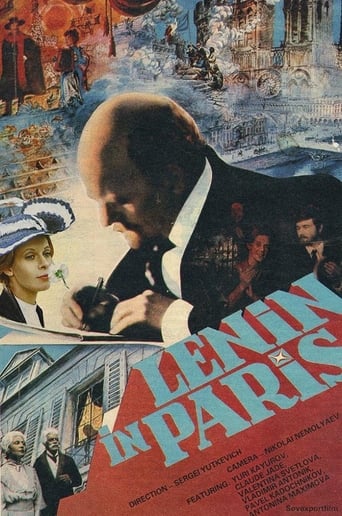



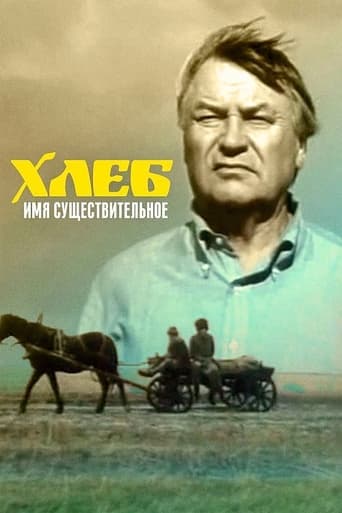



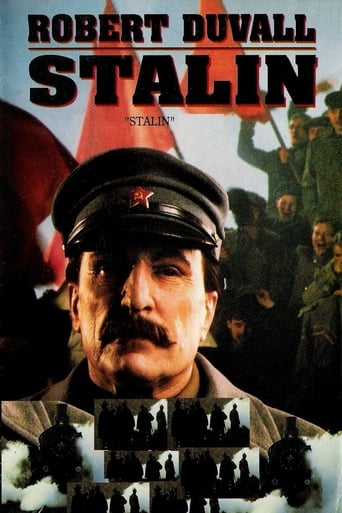














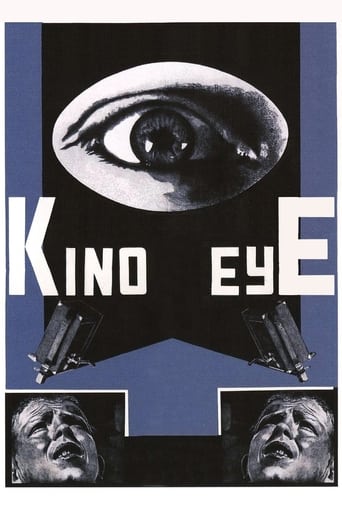
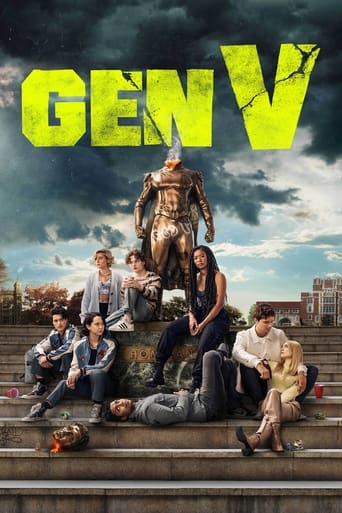
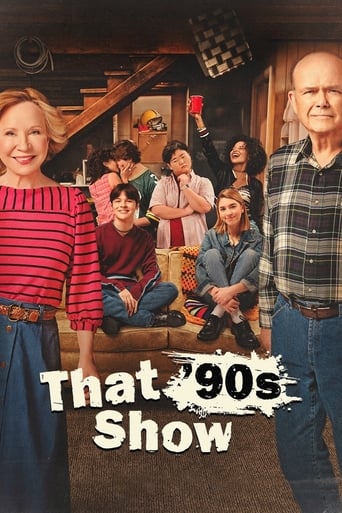
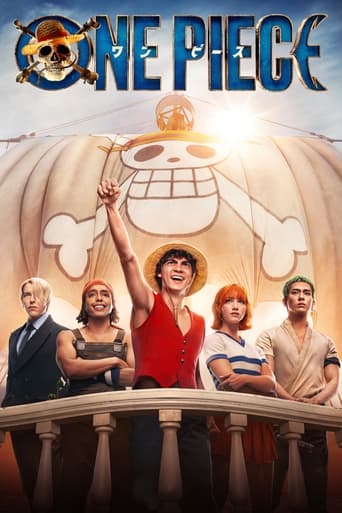
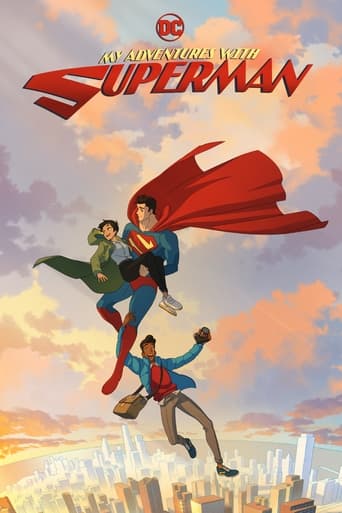
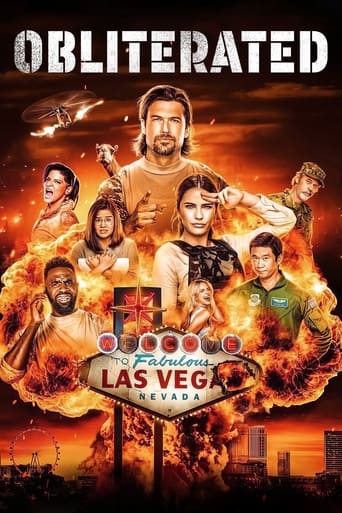

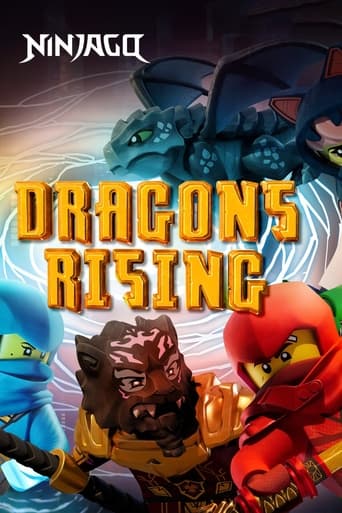
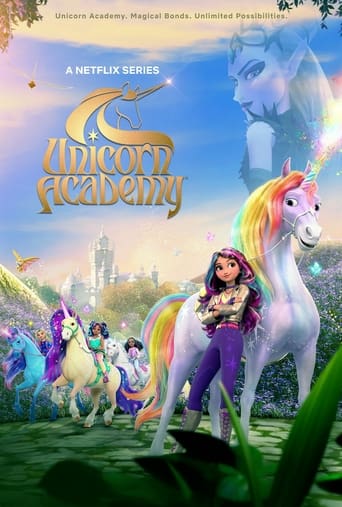



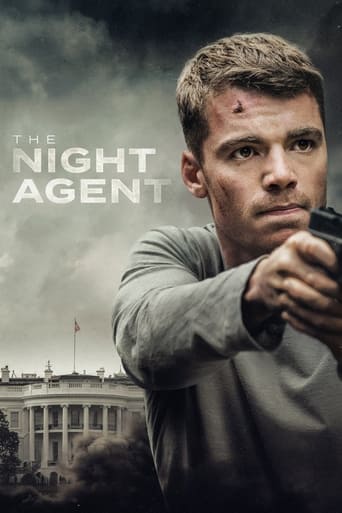
Zangezur
The film is about the civil war in the Zangezur (Syunik) province of Armenia in the early 1920s. The last Dashnak battalions headed by Sparapet Nzhdeh still opposed both the incursion of Red Army and the local Bolshevik partisans.